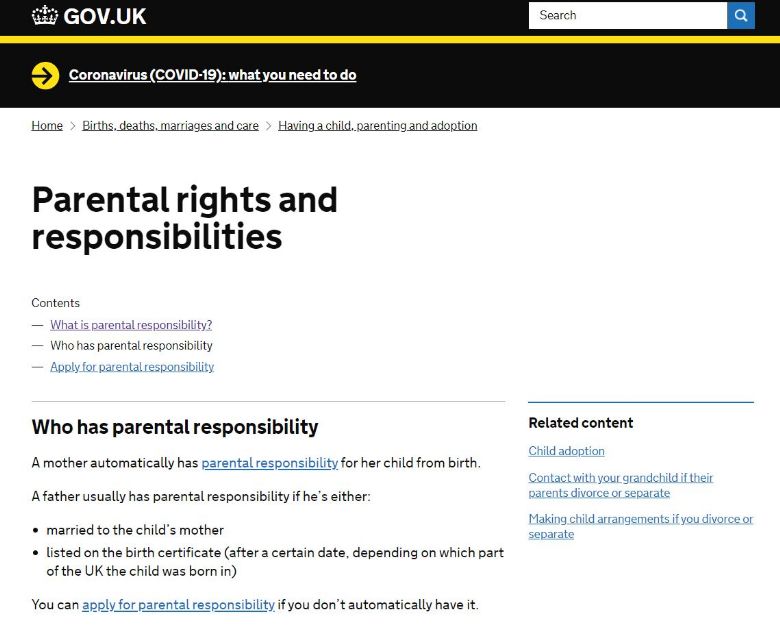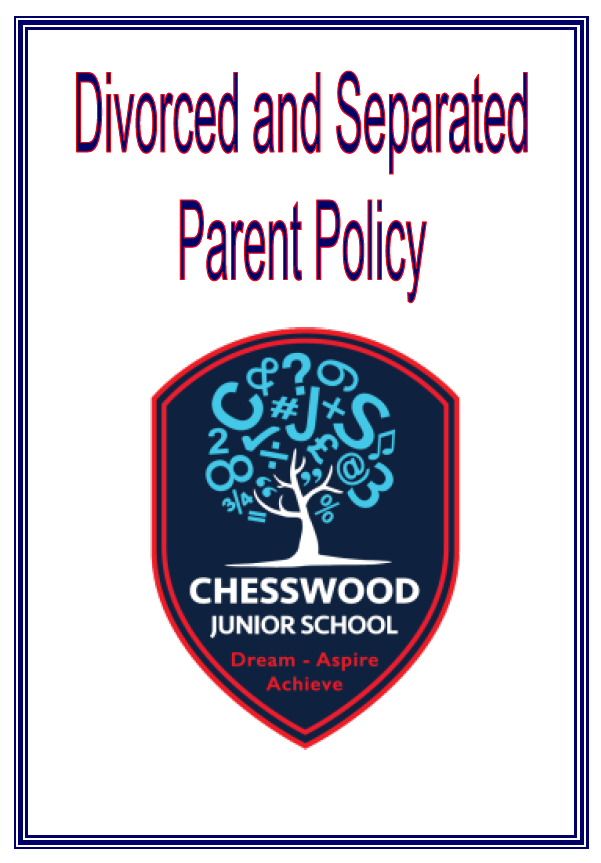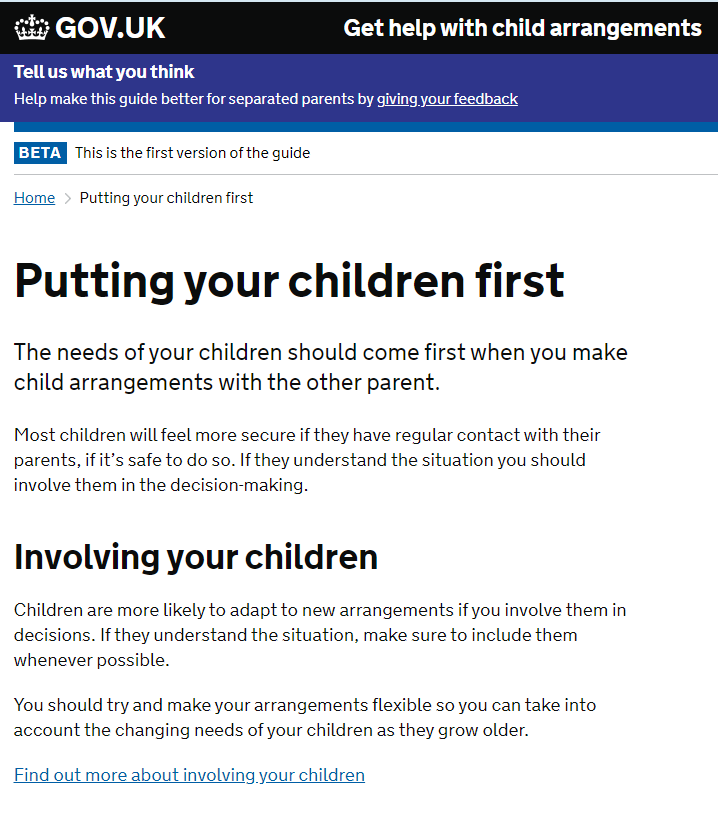Parental Rights and Responsibilities
Family Arrangements
The Chesswood Junior School team support a very wide range of family structures and arrangements. Our focus remains solely and relentlessly on the best arrangements for a child's learning and development. That development is helped enormously when all parents set aside any differences (unless there are exceptional circumstances e.g. domestic violence, significant safeguarding concerns) and place their child's best interests first.
Chesswood Junior School has zero tolerance of any parental behaviour that seeks to control, manipulate, frustrate or otherwise compromise another parents rightful involvement in their child's learning and school experience.
Regardless of adult relationship differences, each parent is expected to:
-
Speak with courtesy and kindness about the other parent, especially in front of the child and school professionals
-
Communicate positively and proactively with previous partner and the school ensuring all adults work collaboratively
-
Seek to find common ground and consistency between parents
-
Work in good faith in their child's best interests
-
Create a consistent and positive environment between homes - to do otherwise will have a negative impact.
When parents maintain amicable and respectful communication in the interests of their child, we typically see the least worst negative impact on their learning, behaviour and mental well-being. Where parents do not co-operate and even actively seek to disturb, disrupt or otherwise frustrate another parents expectations, support or guidance for a child, we typically witness serious enduring negative impact for a child in learning, behaviour or mental well-being.
The Chesswood Junior School team, as good as they are highly unlikley to secure any success in reversing the impact of any attritional parental relationship until the relationship changes to being positive and co-operative. When that happens it may still require many weeks, months and years of additional support from school staff to mitigate for the damage caused by adults negative behaviour. Equally, we may never be able to overcome the damage due to parent behaviour and inability to place the child needs first.
Parent School Liaison
Chesswood Junior School operates a one child one meeting policy
It is the policy of Chesswood Junior School to host one meeting with both parents attending wherever practicable, unless there has been a history of domestic violence or other exceptional circumstances between parents.
Where one parent refuses to attend a meeting with the other parent and there is no history of domestic violence or exceptional circumstances the meeting will be held with the parent whom the child resides with for the greatest amount of time. We will not then arrange further meetings to enable communication with another parent they will need to rely on published reports.
Given the finite time available to work in close partnership with all families and the significant proportion of families where separate living arrangements exist, we ask all parents to do everything possible to support this policy.
All parents identified on a child’s birth certificate have an automatic right to all information regarding their child. To ensure you receive all relevant information please contact the school reception to request:
- Schools Buddy Emails – this includes school diary and updates on school news and events e.g. dates of parent-teacher evenings and booking arrangements.
- All pupil achievement reports
- All invites to specific support meetings e.g. Special Education
Overview |
Link |
Divorce, Separation and school partnershipResearch and experience have shown that separated parents can work well together in the best interests of their children and can together play a role in their children’s education. However, some parents become estranged, and do not work together or in the best interests of their children, especially during the initial stages of their separation. This is often traumatic for any children concerned, where personal family problems can have an impact on the child and on the schools the children attend. This policy summarises the legal framework and recommended guidance in respect of separated parents. This policy is an attempt to -
|
|
Putting Children FirstThe needs of your children should come first when you make child arrangements with the other parent. Most children will feel more secure if they have regular contact with their parents, if it’s safe to do so. If they understand the situation you should involve them in the decision-making. Click the image opposite or follow this LINK for more information |
|
Parental Rights and ResponsibilitiesIt is important for a school to know when a parent that doesn't live with the child and has any continuing involvement in a child's life even if that is limited. Unless there are exceptional circumstances, the name, phone and email contact for any parent not currently living with a child or living with for the minority of time must be shared on the school admission form. This ensures the parent (with or without parental responsibility) can receive general school information and assessment reports for their child therefore keeping in touch with their child's learning and development even if they are not involved in decision-making. There is sometimes confusion over being a parent and having parental responsibility - they are different. It is good practice for all parents to take a positive interest in a child's school, learning and development. However, without confirmed parental responsibility, decisions made on behalf of the child or communication about a child will rest with the parent with parental responsibility. When families are separated, Chesswood Junior School will always liaise with the parent, with parental responsibility with whom the child lives with for the majority of time. Unless there are exceptional circumstances:
Click the image opposite or follow this LINK for more information |
 |


